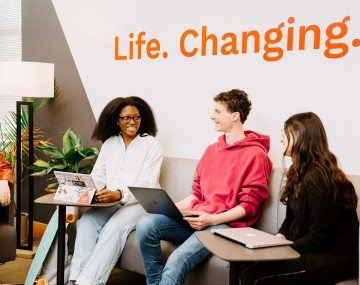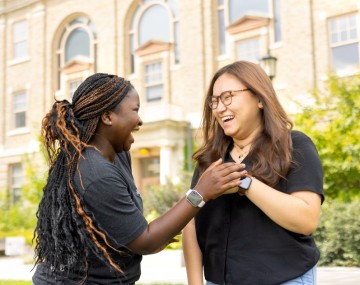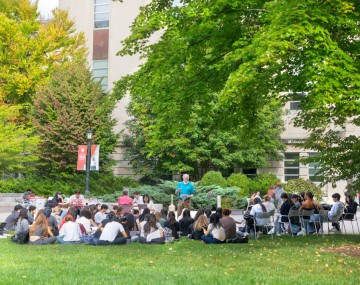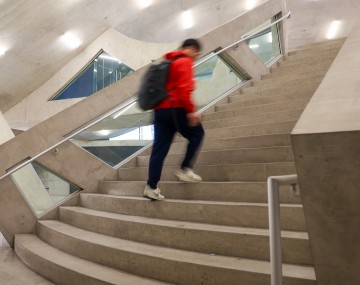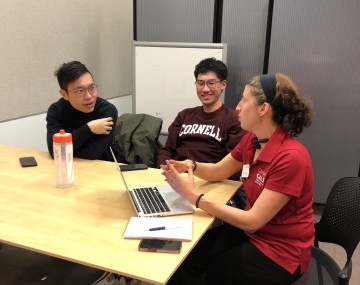Getting Started
Thinking about your future at Cornell is exciting, but deciding where to start can be confusing. If you are starting your exploration, let us help you figure out your next steps. If you are further in your application process but still have questions, we can help with that too!
Creating Success
Success looks different for every student. As part of your success team, we want to understand what success means to you! Whether it’s in the classroom or within the community, your Student Success Navigators are here to support you in Creating Success — your way.
Thinking Beyond
This next step is just the beginning! And our team is here to help you start preparing for what comes next. Whether you’re exploring career opportunities, preparing for graduate school, or mapping out your next steps, we are here to support you now and thinking beyond your time at Cornell





